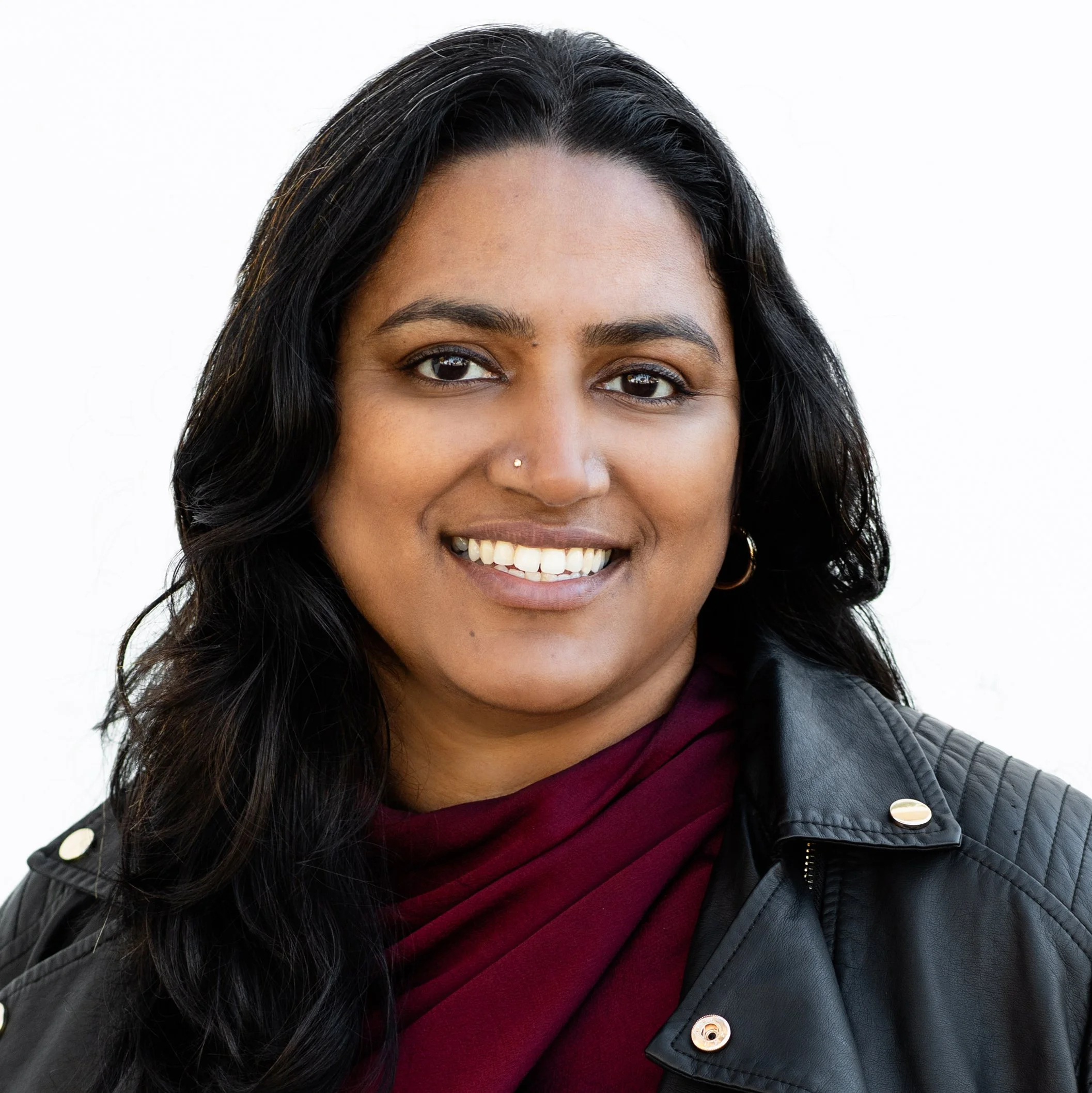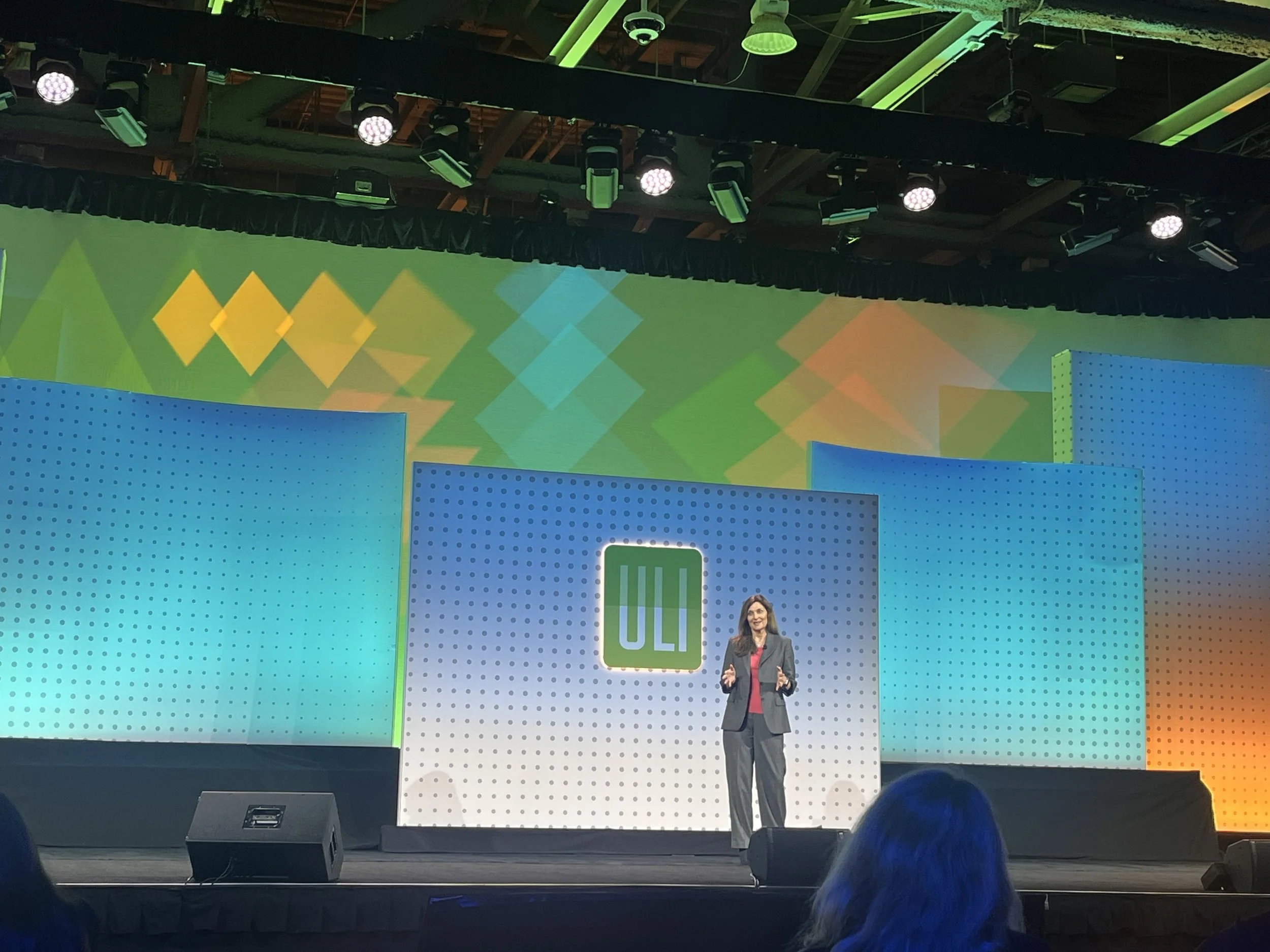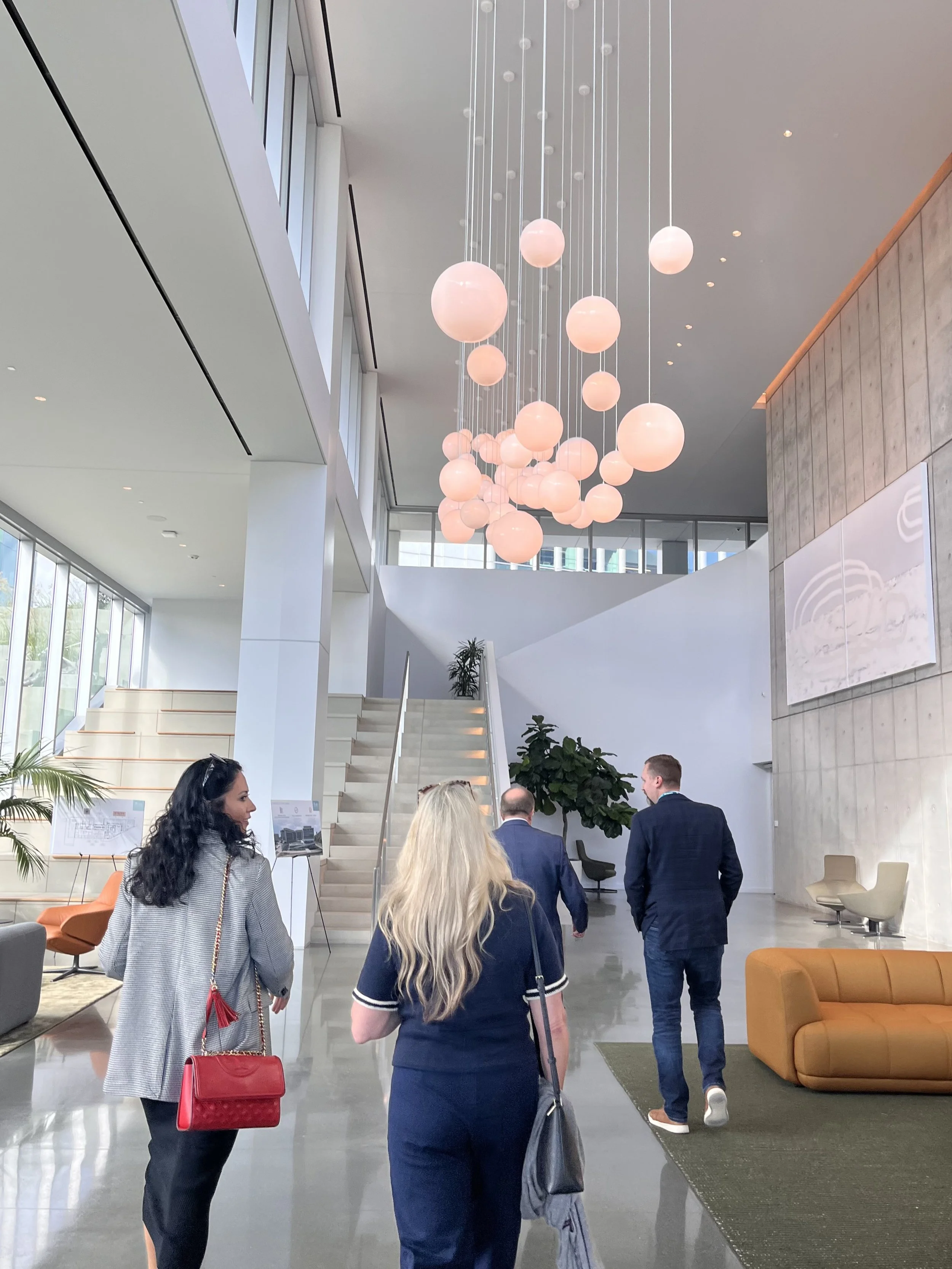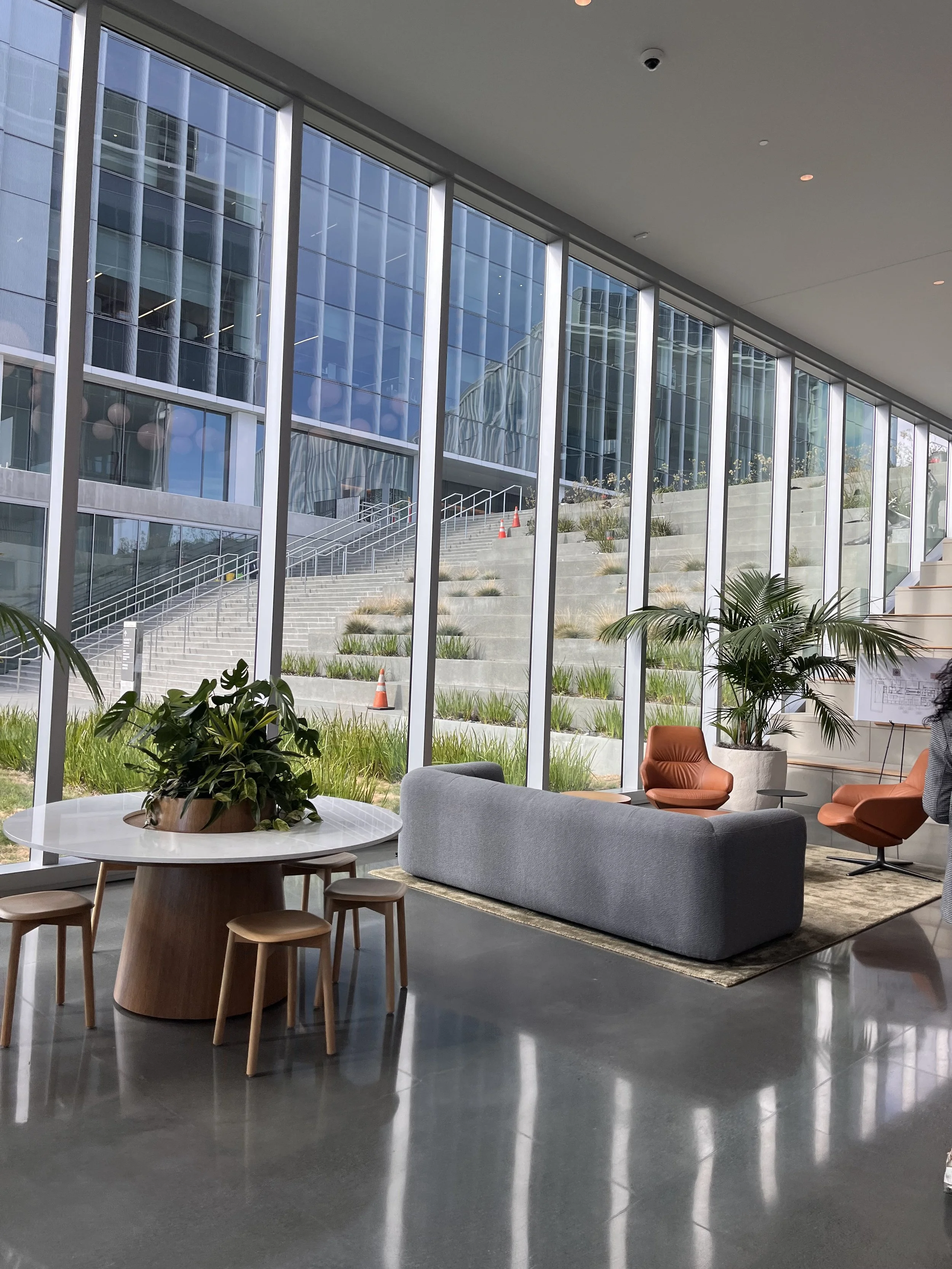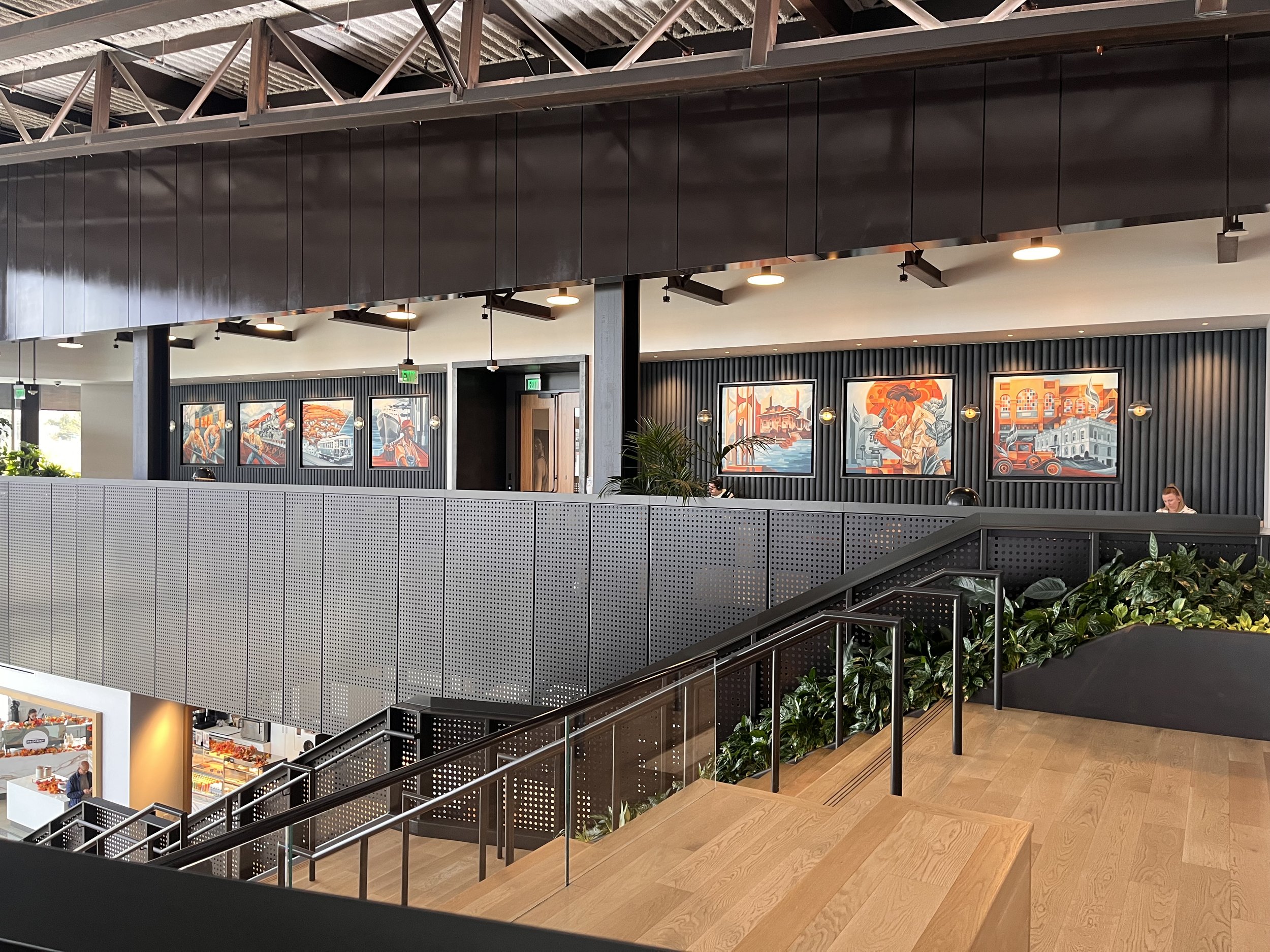Highlights from the ULI Fall Meeting
Guy Kawasaki, Chief Evangelist of Canva, speaking at the closing session.
Written by Mahalakshmi Balachandran, Int’l ASLA
Senior Associate, Northern California
On the first day, I couldn’t miss the opportunity to tour, GENESIS Marina, developed by Phase 3 Real Estate Partners, our client with Genesis Science Center, along with Vantage by Healthpeak Properties in the heart of South San Francisco.
Through the following days, as I moved through the sessions of the conference, a few themes kept rising to the surface, each one reshaping the way I think about cities, work, and the environments we build around ourselves: the powerful relationship between developers and universities, the importance of public-private partnerships, and the increasing need for regional strategies to solve complex urban challenges.
Any discussion about San Francisco naturally leads to the larger global dialogue on how business districts are transforming in terms of both competitiveness and sustainability. The iconic skyline no longer holds the same power as it once did. Instead, accessibility and safety matter most to employees. People want reliable transit, comfortable commutes, and environments where they feel secure. It was refreshing to hear this acknowledged not only as a trend, but as a fundamental shift in how the workforce evaluates place.
Transportation also emerged as a central concern, particularly the need for fluid, affordable, and flexible options. It is no longer enough to be close to the business district. People value the ease and cost of their daily movement just as much as, if not more than, proximity itself. This shift is redefining how cities think about mobility and how employers think about talent.
The main highlight of the conference was the 10 Principles of the Art of Innovation, shared by Guy Kawasaki, Chief Evangelist of Canva, in the closing session:
Look for pain: Products that solve real pain (painkillers) create the most value.
Go and be: Don’t just observe customers, experience their reality.
Stop thinking forward: Don’t define your business by what you currently do; understand what you truly provide.
Ask simple questions: Innovation often starts with basic questions like: Is there a better way? Isn’t this strange? Why has no one done this before?
Get to the next curve: Long term success requires looking ahead to the next curve before the current one peaks.
Don’t worry, be crappy: Momentum is more valuable than perfection.
Eat what you cook: Use your own products; live your own customer experience.
Plant many seeds: You can’t predict which acorn will become an oak, so nurture many possibilities.
Use all your weapons: Learn to use every tool available. As Kawasaki noted, the real danger isn’t AI taking your job, it’s someone who uses AI better than you.
Make the decision right: At some point, stop analyzing and commit.
The ULI Fall Meeting was a reminder that cities, and the people who shape them, are in a moment of transition. As designers, planners, and collaborators, we have an opportunity to redefine what vibrant, resilient, people-centered communities look like.
GENESIS Marina project tour with Phase 3 Real Estate Partners
Vantage project tour by Healthpeak Properties in the heart of South San Francisco.


